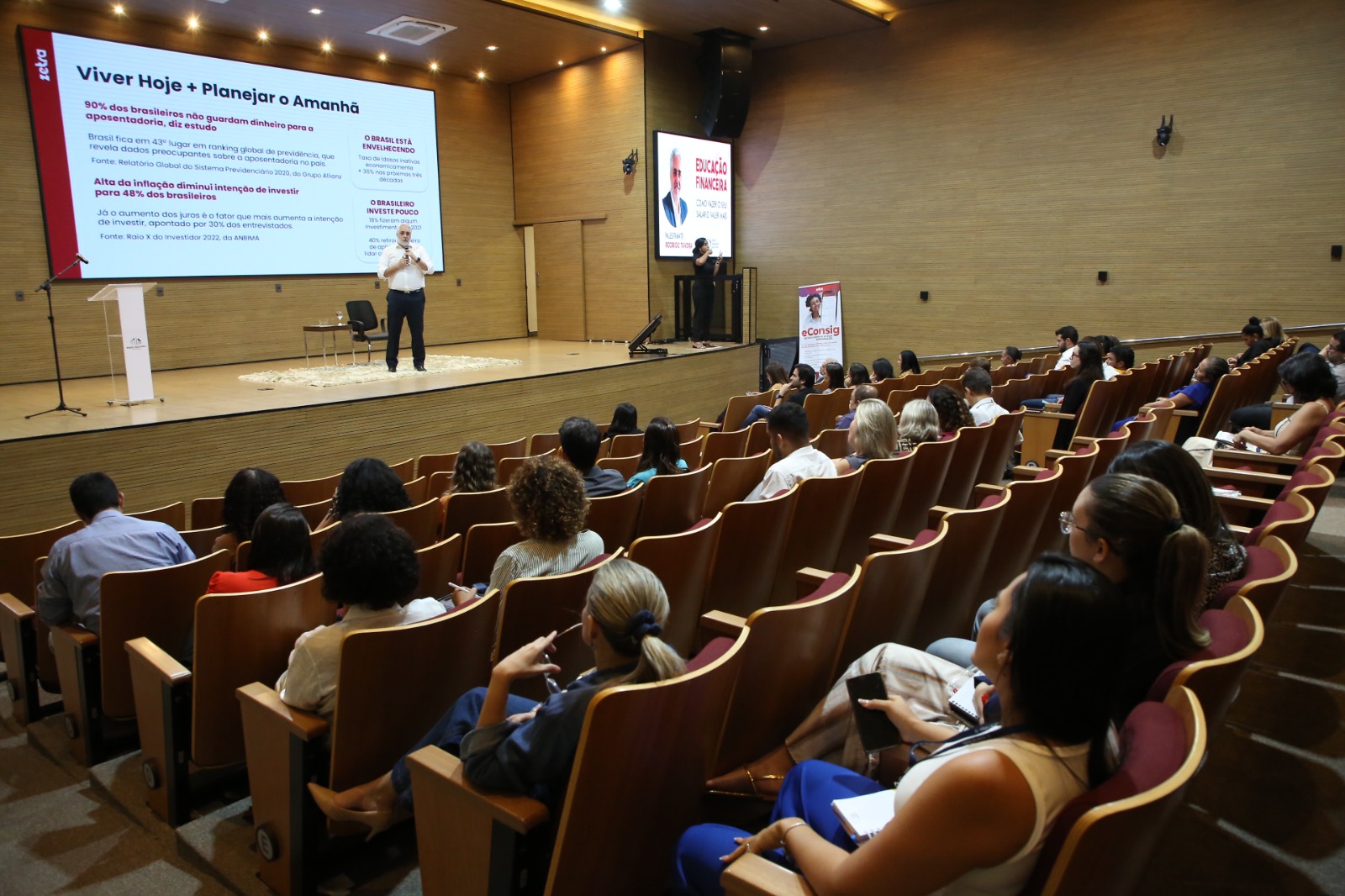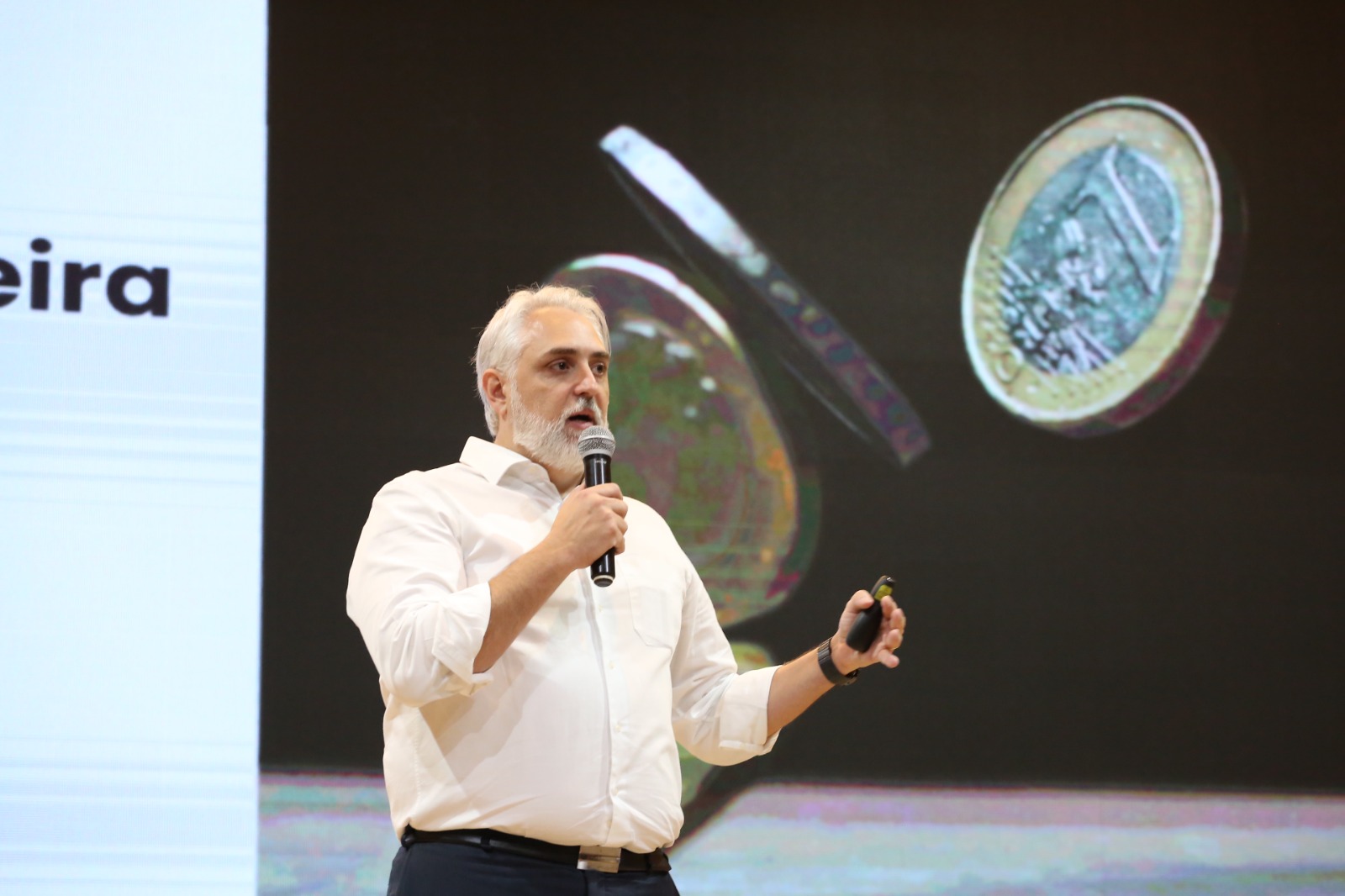
Fifty percent of what you earn should be set aside for recurring expenses, such as electricity, water and supermarket bills, 30% for other expenses and 20% for investments. This is the recipe for achieving the ideal financial life, according to financial educator Rodrigo Távora, a specialist who gave a lecture to civil servers at the Court of Justice of the State of Tocantin (TJTO) on Monday afternoon (August 12th), with the theme: "Financial education - how to make your work worth more".
According to the speaker, 78.5% of the Brazilian families are in debt, 28.6% have overdue bills and 20.7% of the consumers have more than half their income in debt. Faced with this situation, the first step, according to Távora, is to list all income, such as salary, the 13th and bonuses, and then do the same with expenses (water, electricity, education, supermarket, installment debts, etc.), separating them into recurring expenses and other consumption.
From then on, according to the financial educator, the person will be able to control earnings and spending by subtracting the sum of all expenses from income. "I've identified in the spreadsheet that I'm spending more than I earn, so what do I have to do?"
For the expert, it's important to know what you owe in order to determine which debts should be paid off first. He points out that consumer bills are the priority. Then come assets that can be auctioned off, such as cars and real estate, and debts with higher interest rates.

"If your income is equal to your expenses, tighten your spending a little more or look for extra income to make room in your budget," Távora said, stressing the importance of having a reserve for emergencies.
Saving will help you face crises and unplanned events.
The speaker stressed that having an emergency reserve is essential. "The reserve gives you the freedom to make the best decisions," he added.
Investiment
The financial educator also talked about investments. "Investing isn't for the rich, it's for those who organize their accounts, have discipline and create long-term plans." But he advises against rushing through the steps: "Pay off your debts, build up a reserve for emergencies, start investing for retirement and invest to make your dreams come true," he says in that order, pointing out that investing is a learning process. "Start with the basics, know your investor profile, know your needs, diversify."
Finally, he presented attitudes that enrich life, such as: taking care of the physical and mental health of your family; ensuring a balance between life and work; eating properly; having plans for the future; donating part of your time or money to projects or causes you believe in; and studying and investing in training.
Event
The event was promoted by the TJTO and fintech Zetra, a company operating nationwide in the area of information technology (IT) solutions for the automated management of consigned benefits offered by companies to their employees, such as consortia, credit, leisure, entertainment, health, education, among others, through partnerships with corporations in these segments.




